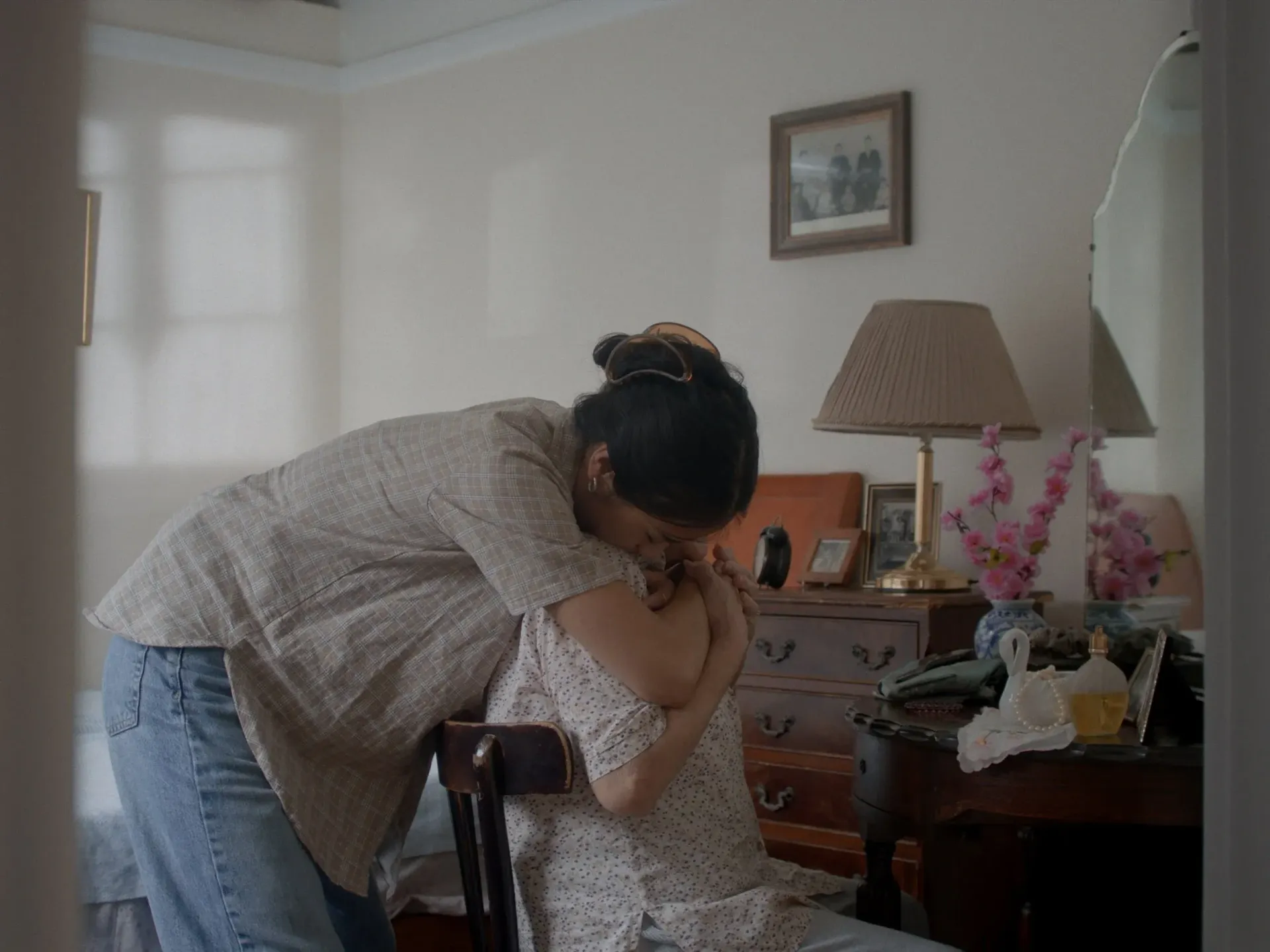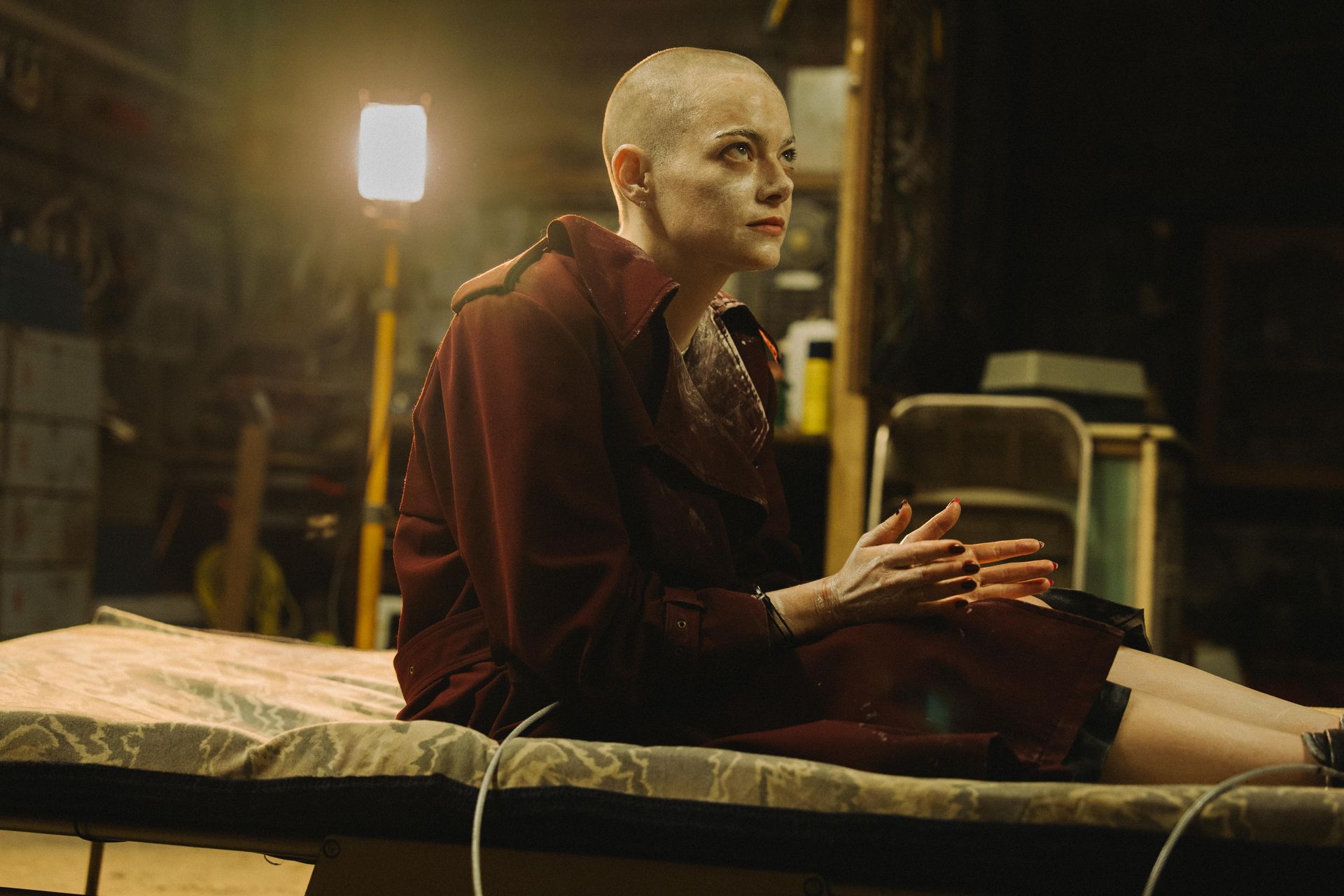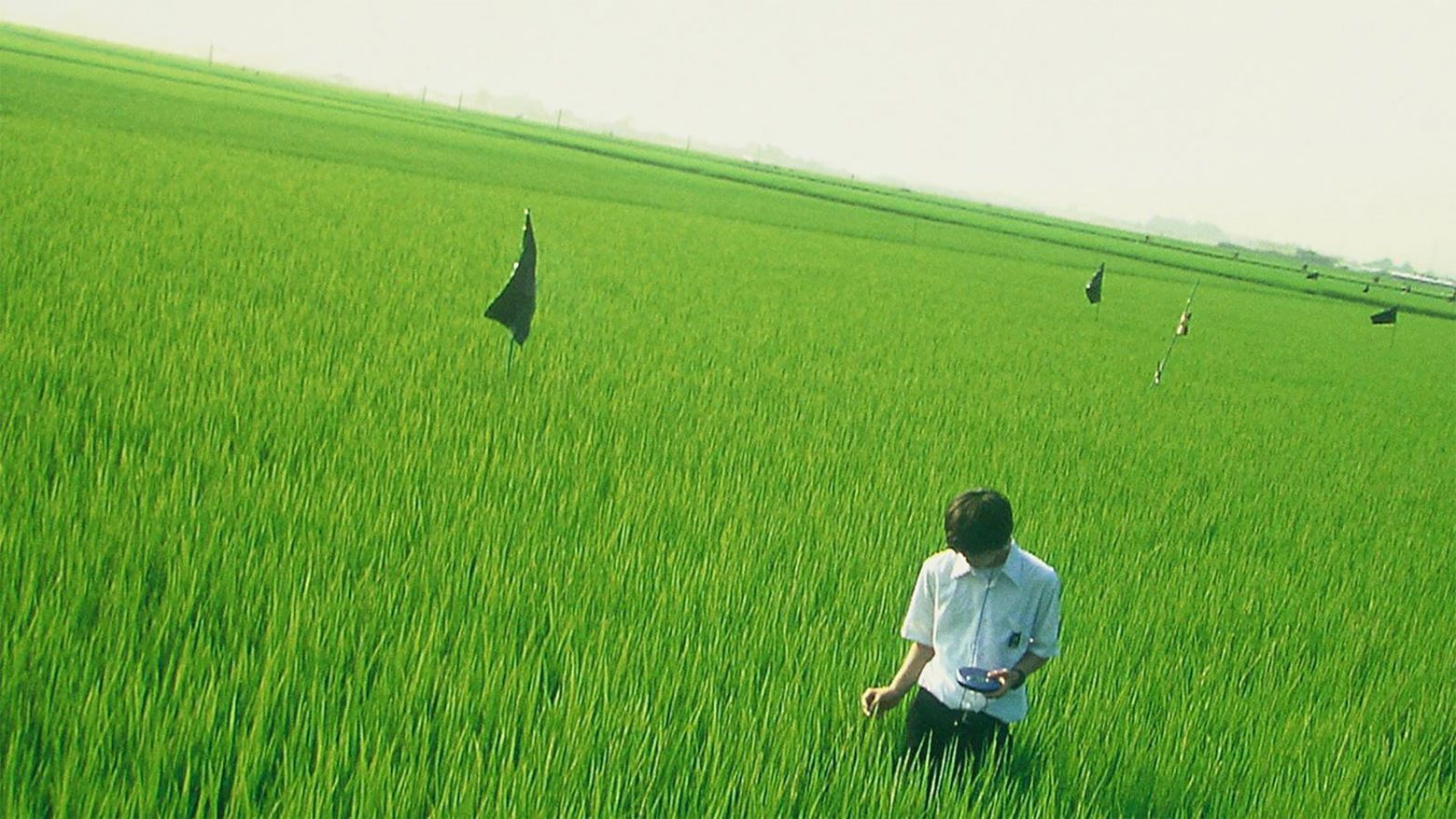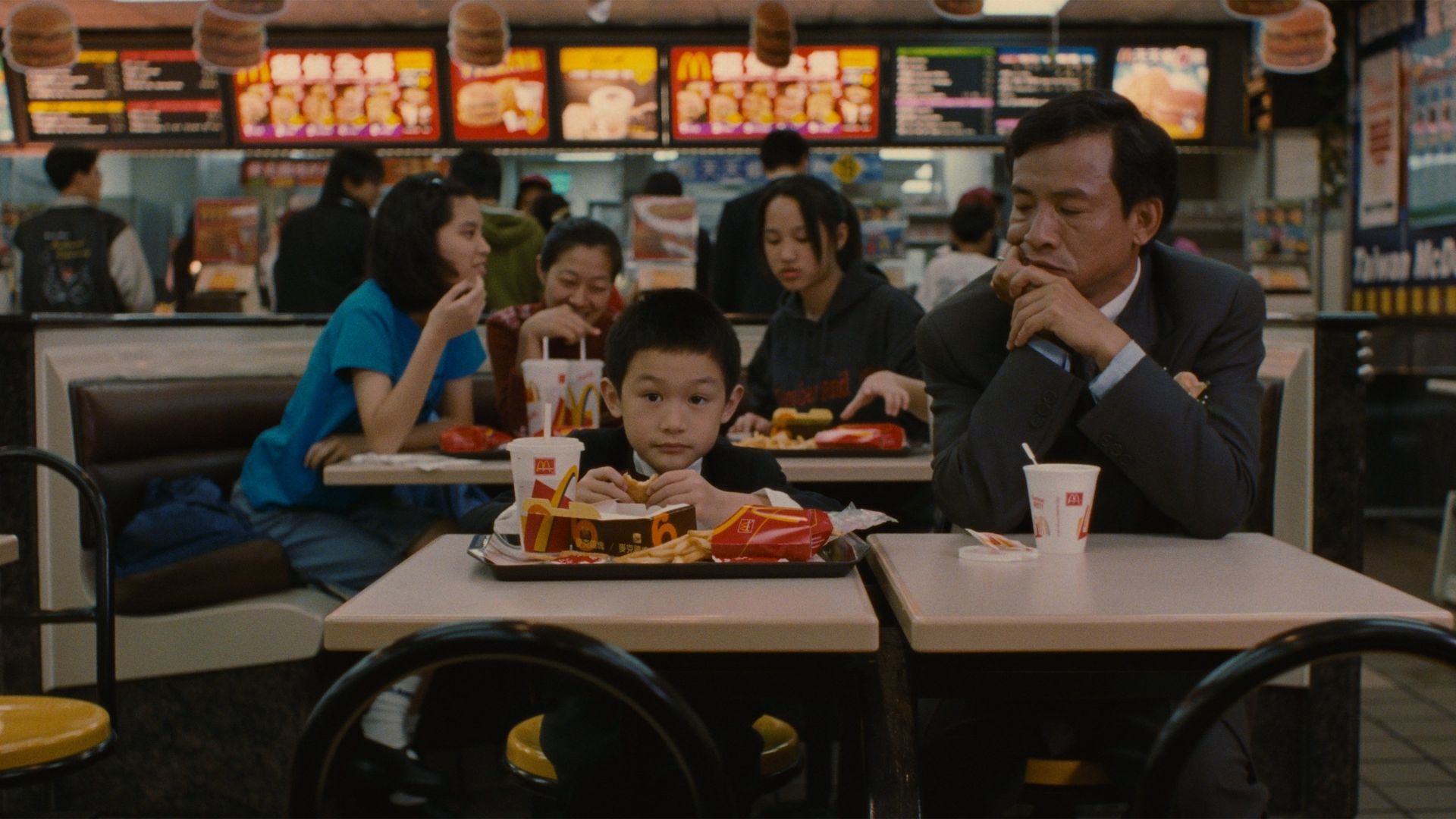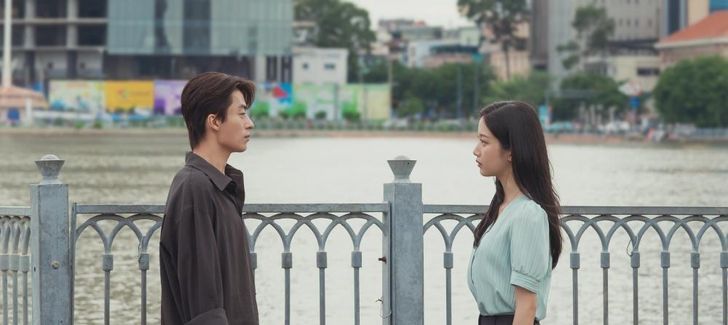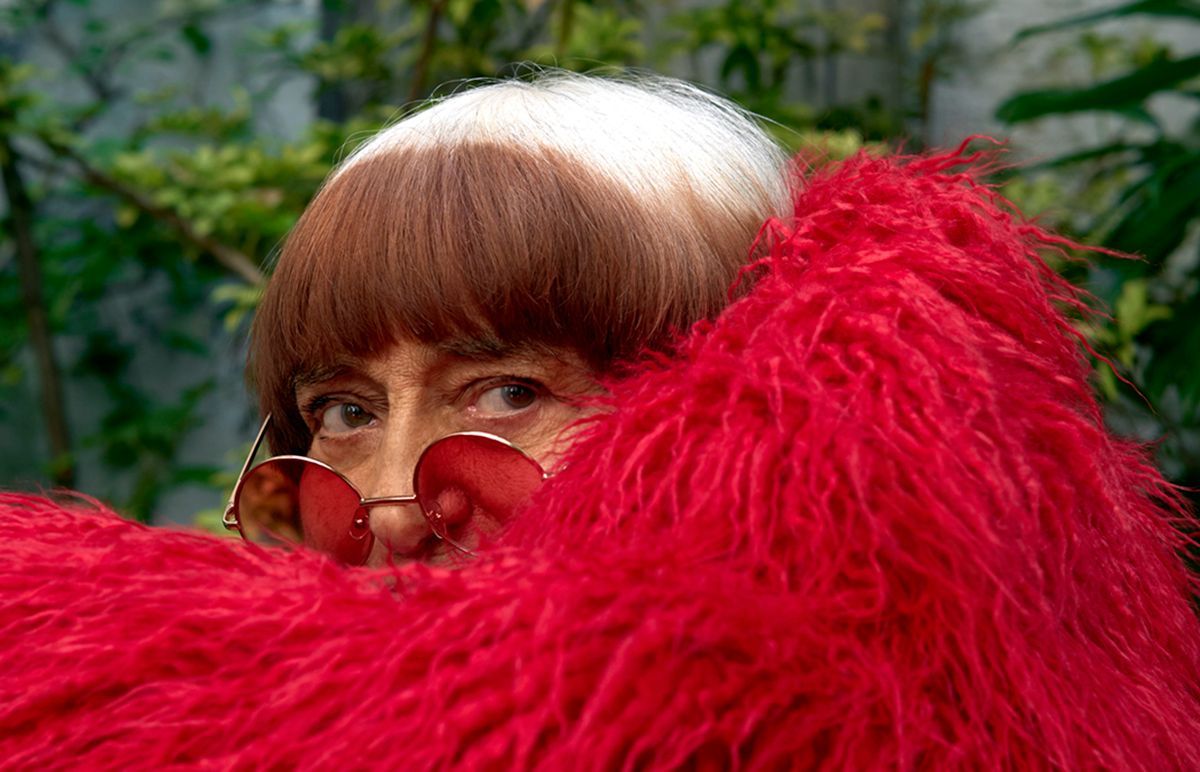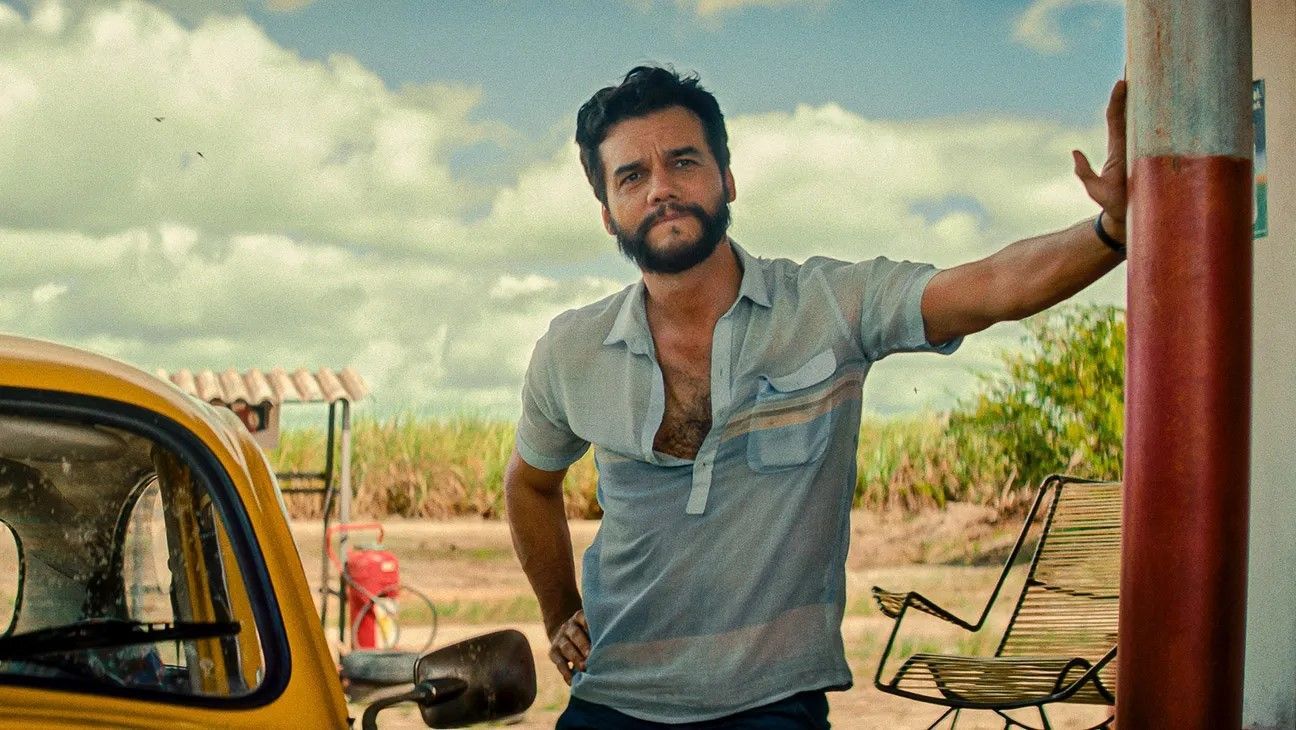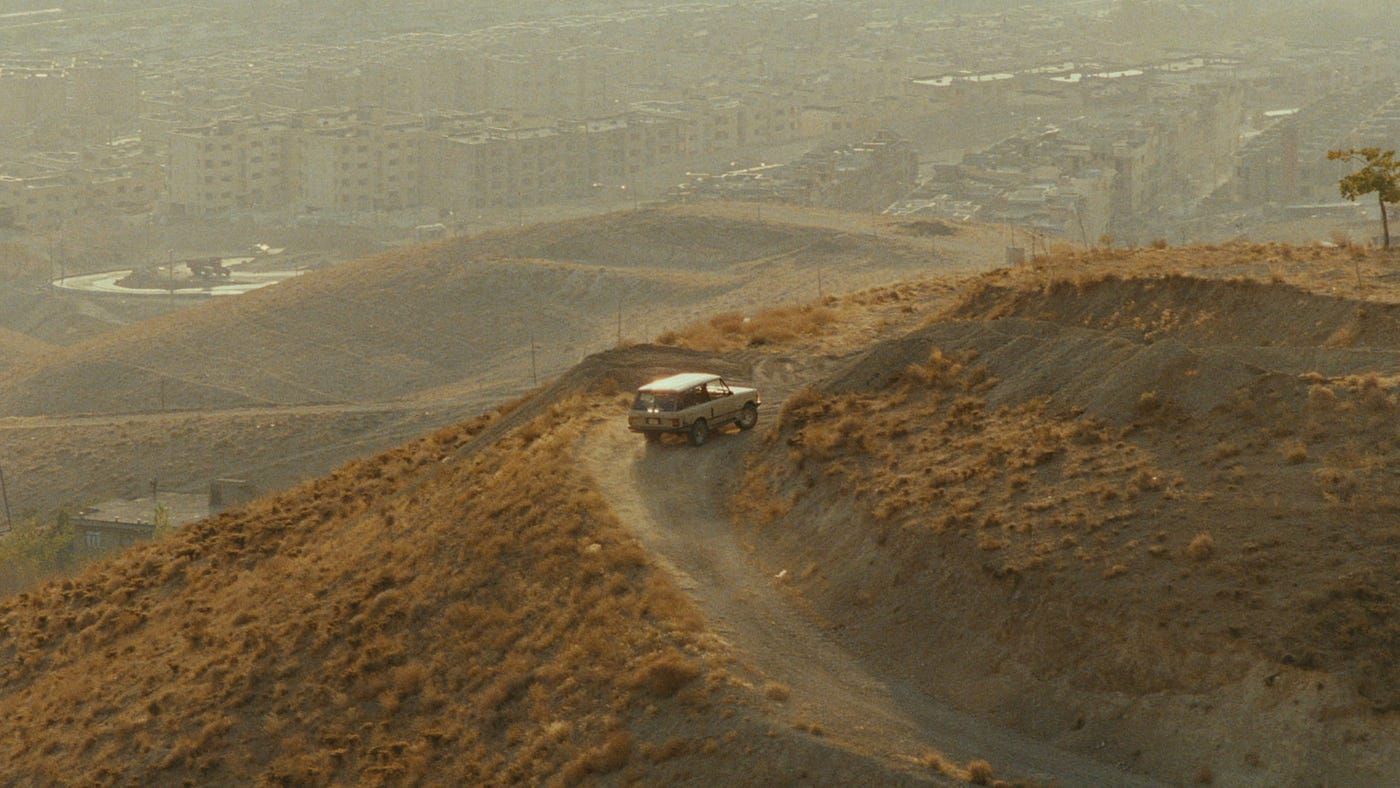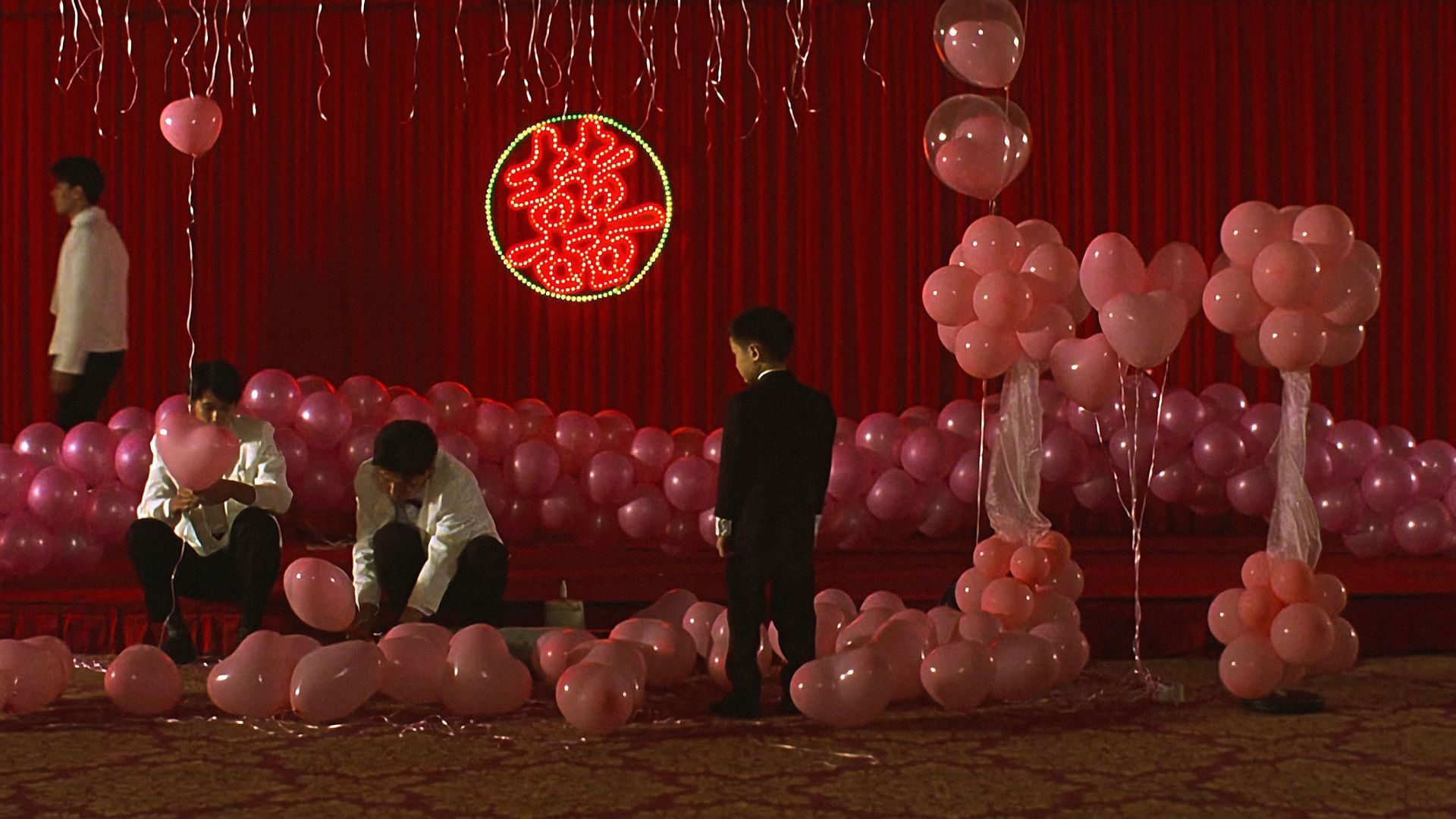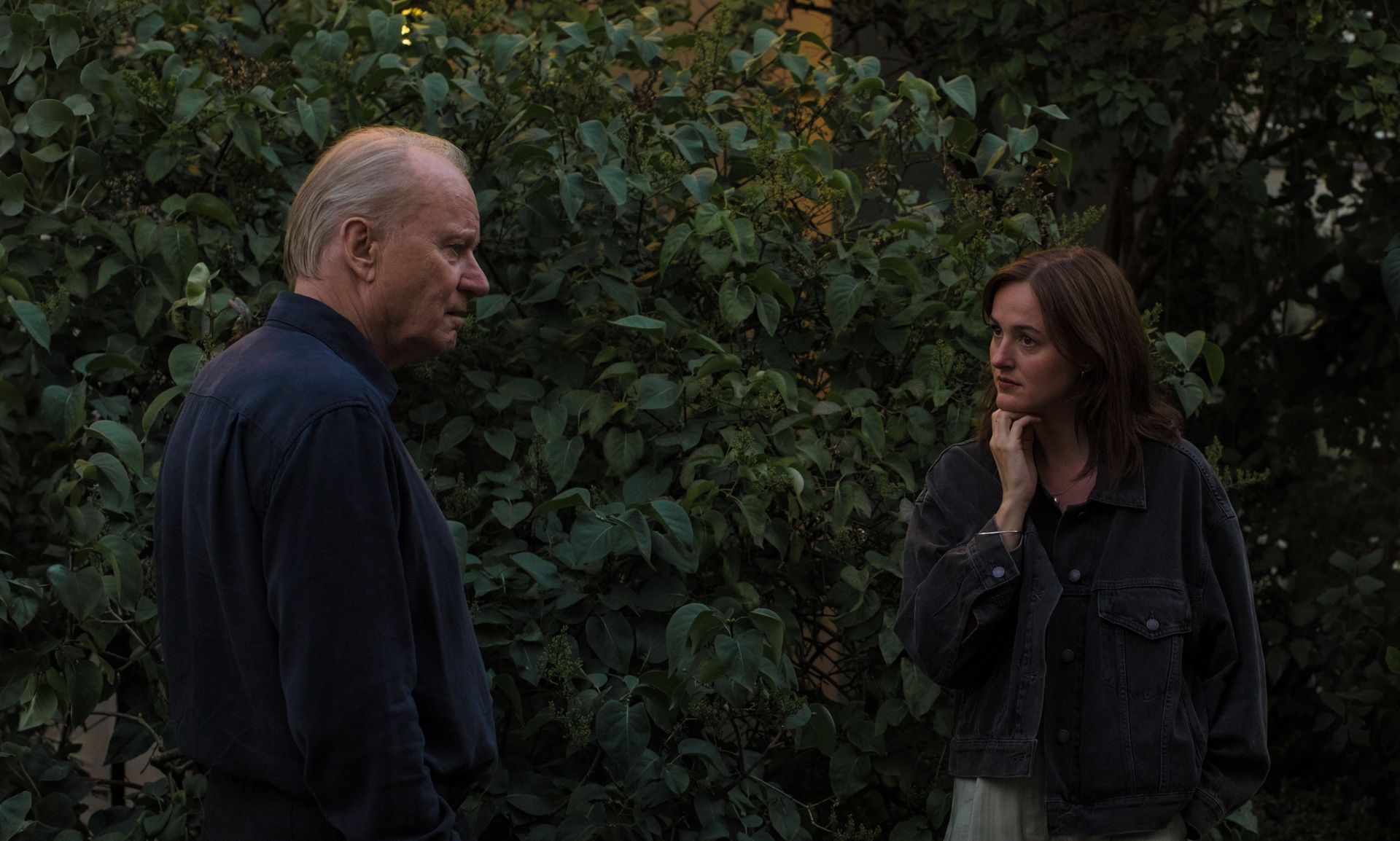Film Review #173: Papa
Film Review #173: Papa (爸爸)
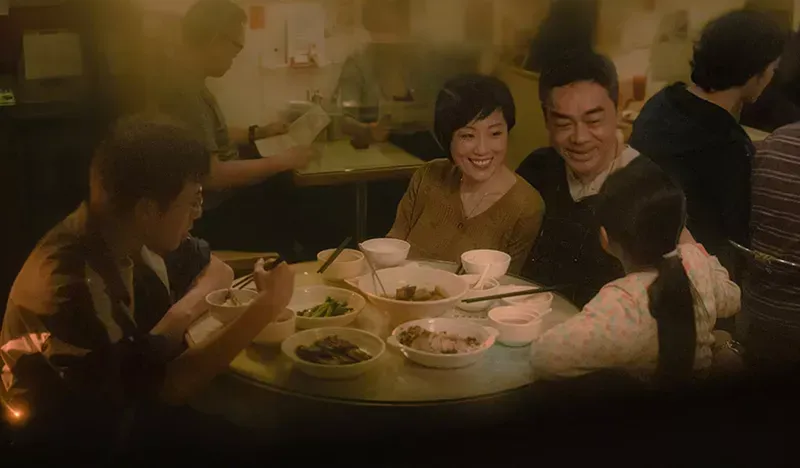
Philip Yung’s tearjerker Papa (2024) is heavily based on Hong Kong’s tragic 2010 Heung Wo Street Murder case. Nin, played by Sean Lau, is a Cha Chaan Teng (Hong Kong-style diner) owner and dad of two. When his son, Ming, kills his mother, Yin (Jo Koo), and younger sister, Grace, Nin struggles to keep what is left of his family together. By situating Nin as both the victim and the parent of the perpetrator, the film sheds a sympathetic light on the freak event, and in the process, humanising the incident, reminding us that the murders were more than a shocking newspaper headline.
Slicing between timelines, the disorienting non-linear narrative mimics disorganised puzzle pieces within Nin’s cognitive memory. Yung explains his decision to shoot in 4:3 aspect ratio as wanting to simulate a home video viewing experience. This makes the audience feel like intrusive voyeurs peering into Nin’s intimate recollections, made nostalgic by an ethereal, misty filter.
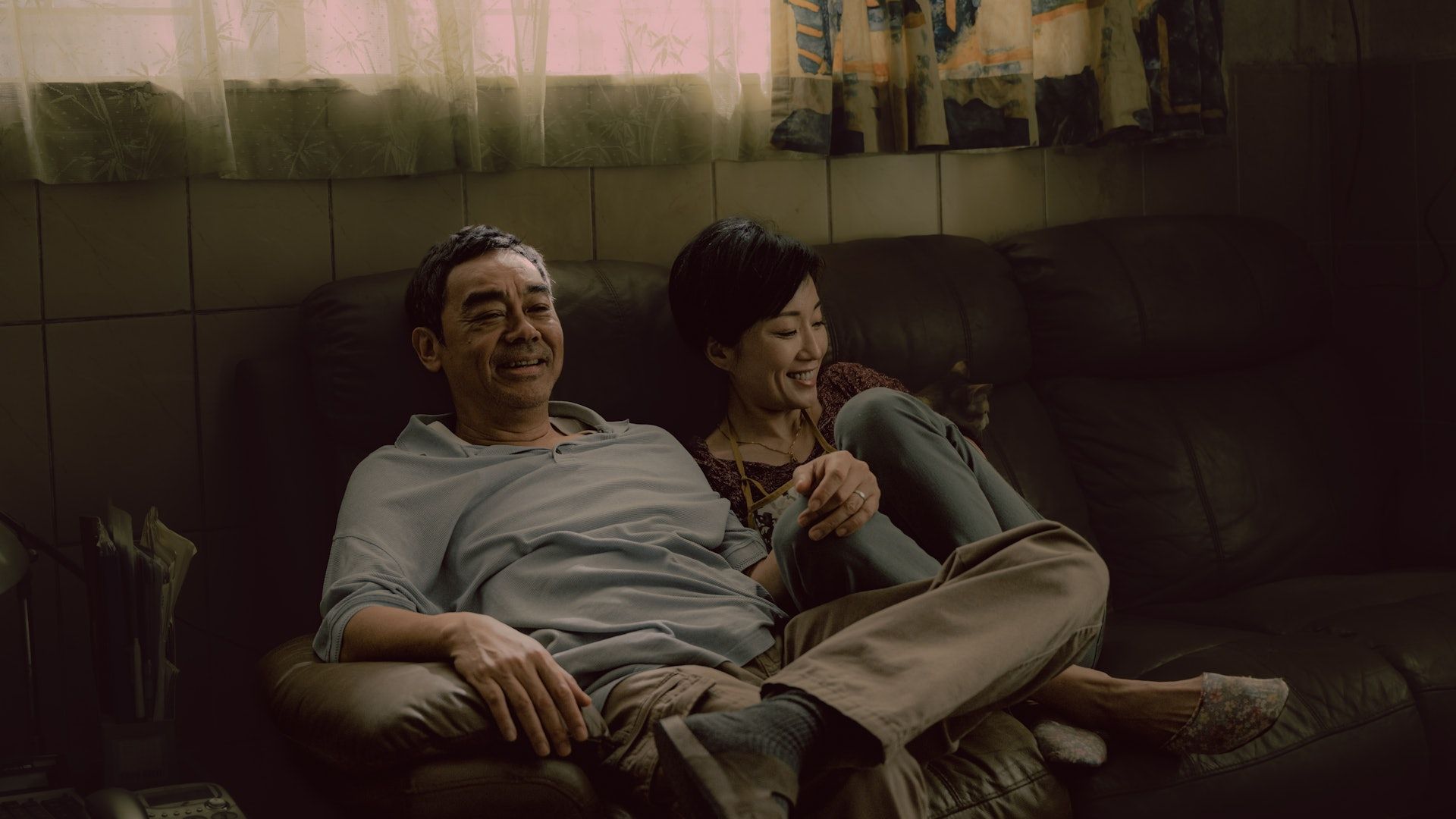
Sean Lau delivers an exceptionally moving performance of how a middle aged man who loses half his family overnight deals with grief. Jo Koo, too, paints a convincing depiction of an almost picture-perfect wife and loving mother as recalled from Nin’s memories. The well-cast child actors portraying the Yuen family siblings complete the film’s line-up; the siblings harbour a ubiquitous feud that every brother-sister pair will be able to relate to.
The film feels all the more harrowing when we realise that what happened to Nin, the average middle class man, could have happened to any Hong Konger where cha chaan tengs line the city. When it happened in 2010, the parricidal murders were a tragedy that not a single person could foresee. In the actual case, the son, then an introverted 15 year-old, had shown “no overt signs of any illness” prior to the killings except for periodic occasions where he channeled his outbursts of anger into vandalising the corridor outside his flat. It was even more shocking when the news broke out that the murders happened in Tsuen Wan, the more tranquil side of Hong Kong.
What Yung tries to do with
Papa is
not
to find explanations as to why Ming committed the murders; members of the audience expecting plot development in this regard will be sorely disappointed. The way the film revisits Nin’s past through his memories, as well as his present, may not culminate in relief for audiences expecting a similar pacing as Yung’s thrillers that he is better known for. Through the film, in a languid unhurried non-chronology, Nin slowly unveils his relationships he once had with each family member: Yin, Grace, Ming and even Carnation (the family cat). At the same time, he attends the court hearing of his son and navigates reconciling with the sole family member left. A multitude of layers to Nin’s vulnerability emerges as he is torn between his different identities of being a son, dad to a murderer and a widower. All this happens while the film gyrates slowly as it playbacks Nin’s milestones in life — from meeting Yin to the completion of his nuclear family. Although
Papa
lacks a traditional climax, I was kept occupied by Nin’s far-from-linear grieving process.
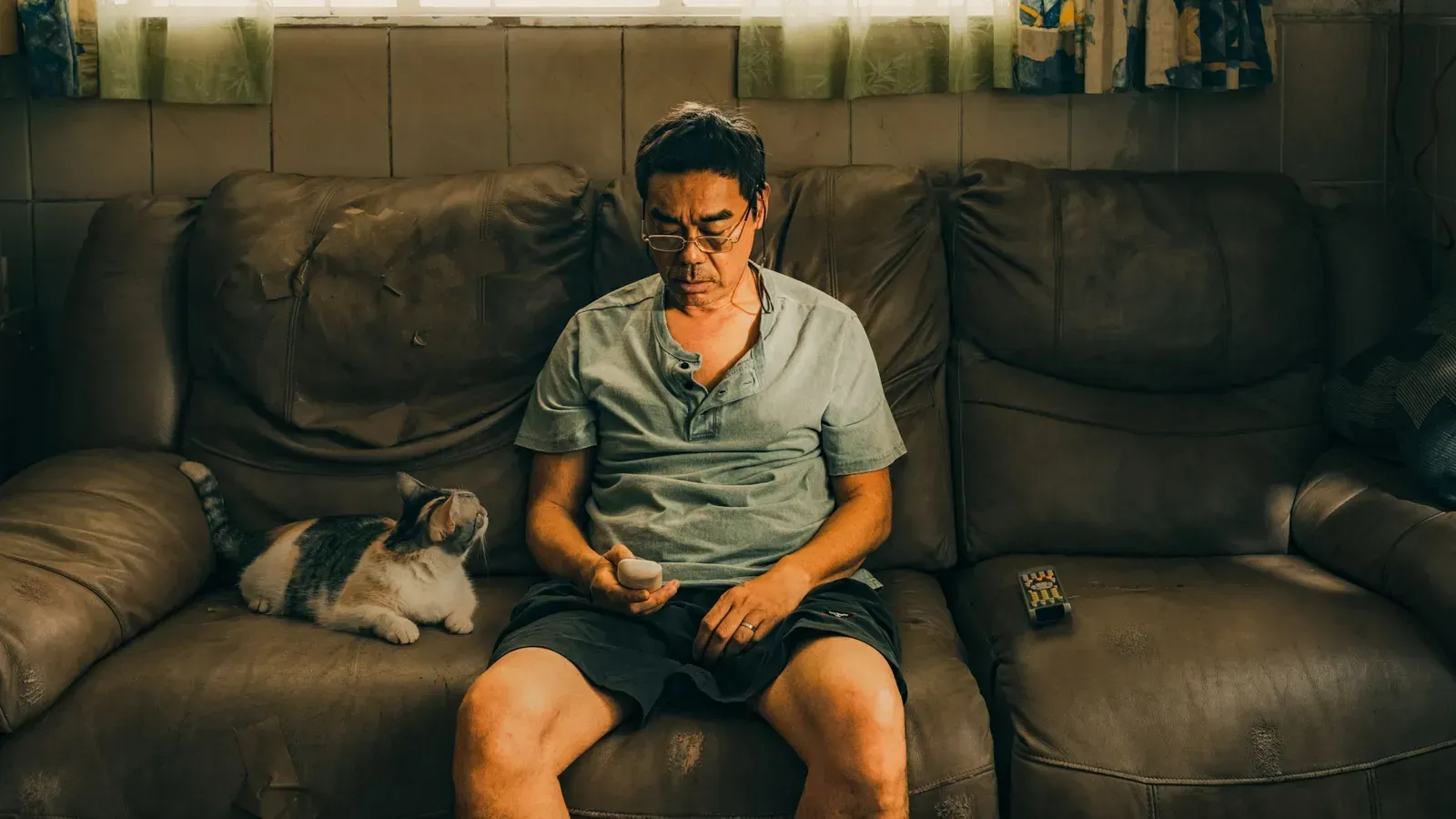
There are two specific details that really stand out, etched in my memory post-viewing. The first is the effort put into ensuring that the characters are dressed in realistically dated outfits that truly transport us back in time to the early 2000s and back to the day the brutal murders occurred. The second detail of note is Koo’s extremely well-spoken Hakka (at least from the ears of an outsider). Although reviews have been divisive, I stand my ground by saying that the film was, in its entirety, close to perfect in its execution.
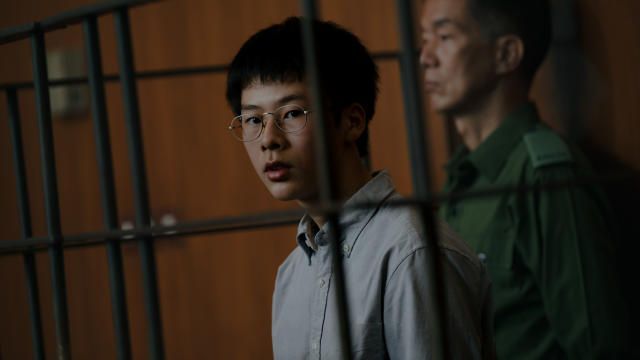
My only issue with the film is its overall length. The consistently slow pacing helped draw me further into the film as I was awarded more time to meditate on how even the most mundane aspects of life have changed for the father of two. However, the film meanders for its final few beats. Past the one and a half hour runtime is when emotional exhaustion sets in for most of the audience; it felt as if the last few scenes made marginal contribution to both the plot and character building as we were already provided with a distinct outline of the Yuen family and their dynamics. I think it would have been more impactful if those final few scenes shortened the film to 90 minutes instead of 130.
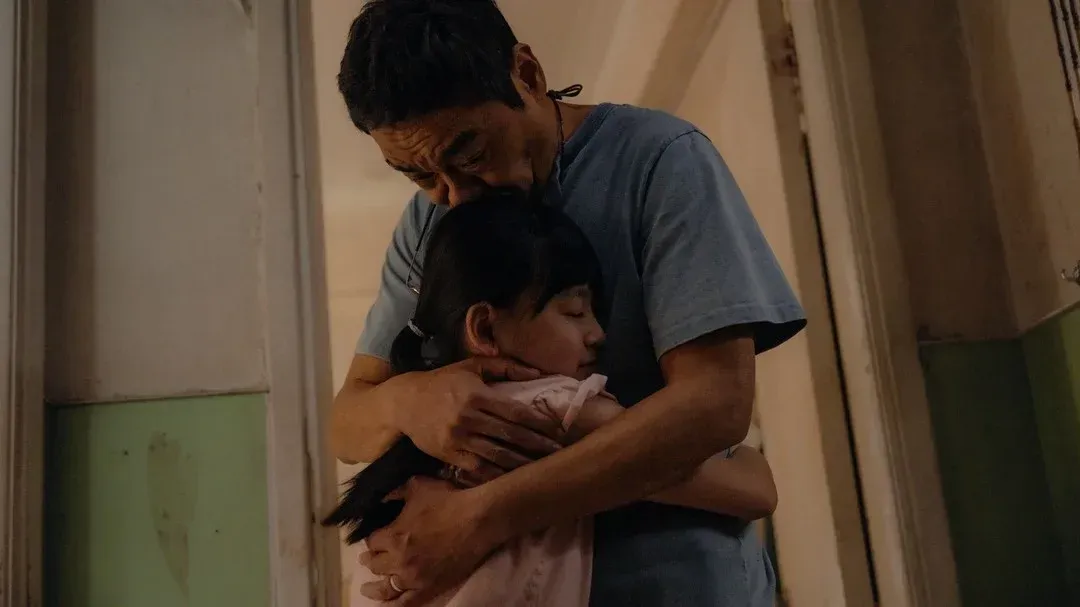
Despite that, I find myself thinking about the film constantly after leaving the theatre. For me, Lau’s portrayal of Nin’s heartbreak is so poignant that such sadness, once felt, is unable to be exorcised through tears. Papa is the sort of film that lingers and steeps in your mind even after the credits roll. The film is also reflective of the mental state of the city’s residents: the mental health crisis that looms over its high-pressure society is often swept under the rug. It remains rare, in contemporary Hong Kong cinema, for a film to daringly take its time to explore the human psyche at such a granular level. For two hours, it extricates us from our hectic life, allowing us a glimpse into the complexities of a devastating event—among many other murder cases that happen annually—that marred Hong Kong. While Papa is admittedly not for everyone, I believe this will be a film that many will revisit from time to time.
Papa
is returning to Golden Village’s big screen exclusively in Cantonese for their Hong Kong Film Awards: Winners Special Movie Showcase from 9 - 12 May 2025.
------------------------
About the author: Chloe recently graduated from the Chinese University of Hong Kong majoring in Chinese Studies. Unlike many other cinephiles, Chloe’s first cinemagoing experience initially left her traumatised at the age of 5; she never thought that she would grow to enjoy movies. She strongly believes that the best movies should be experienced alone.

